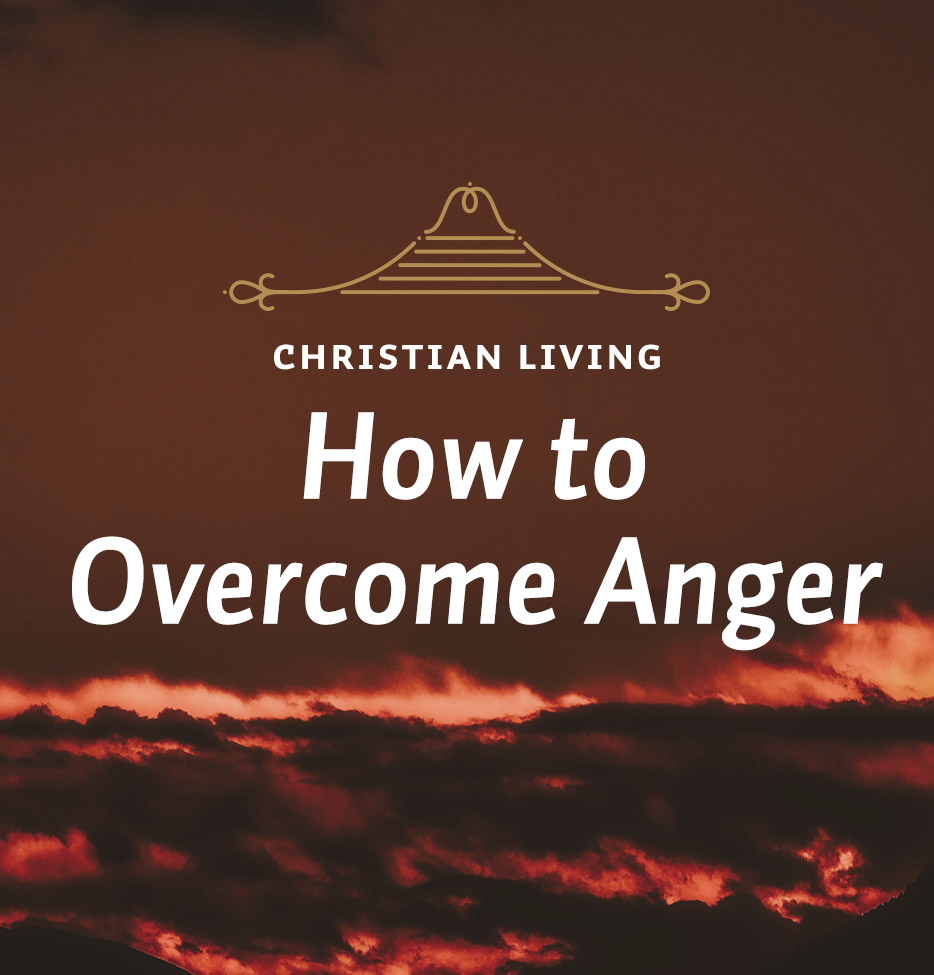We said previously that the first step in curing our anger is to admit that we do get angry. And with our sin in general, we must acknowledge our fault rather than try to make excuses for our bad behavior or blame other people for something we ourselves have done.
The second step for those who wish to overcome their anger is to correct the injustice, for there’s always injustice on both sides in any normal disputes. Jesus said, “If thou bring thy gift to the altar, and there rememberest that thy brother hath anything against thee, leave there thy gift before the altar and go thy way; first be reconciled to thy brother, and then come and offer thy gift” (Matt. 5:23-24).
Someone might ask at this point, “But didn’t the sacrifice atone for sin and cover the guilt of the one presenting it?” Yes, but it never excused the necessity for restitution. You must remember that King David was saved and is in heaven today because he looked for the Messiah, who he knew was coming to save men from their sin. But when he wrote of his daily relationship to God and of his sin, David said, “If I regard iniquity in my heart, the Lord will not hear me.” On the occasion of Saul’s first great disobedience to the Lord after he was king, Samuel said to him, “Hath the Lord as great delight in burnt offerings and sacrifices as in obeying the voice of the Lord? Behold, to obey is better than sacrifice, and to hearken than the fat of rams.”
Today, too, men find it easier to substitute the ceremonial aspects of religion for the demands of a clear conscience before God. Whereas in ancient times this meant the presentation of sacrifices at the temple in Jerusalem, today it means his attendance at church, his participation in a Bible study or prayer meeting, or his giving to the church or missionaries, or some such thing. These things are right in themselves; we should do them. But the point is that God says that they are worthless from His point of view as long as there is unconfessed sin in the life of the Christian and failure on the Christian’s part to make the failures right. John wrote, “My children, let us not love in word neither in tongue, but in deed and in truth… For if our heart condemns us, God is greater than our heart and knoweth all things.” The point of this is that we should confess those things and make them right insofar as we are able.






